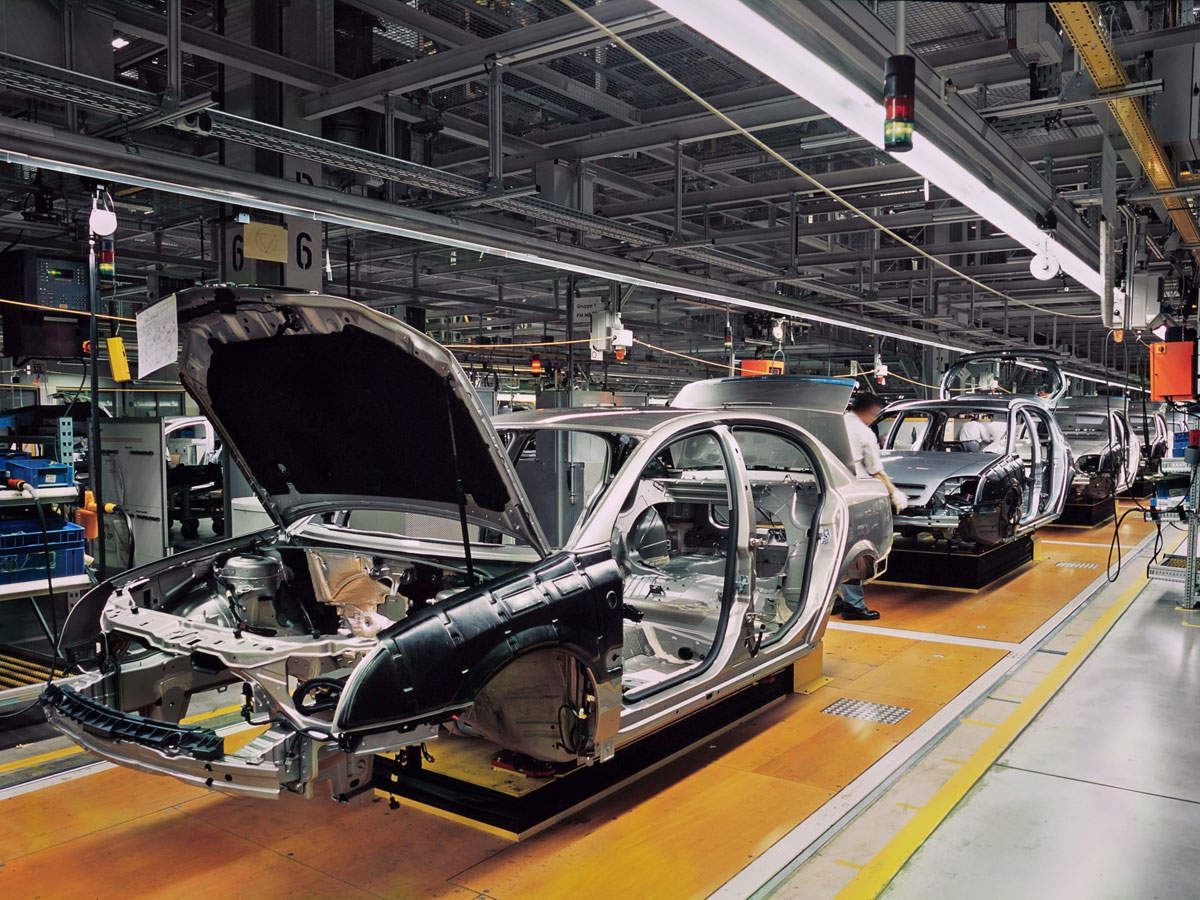 By Pramod Achuthan
By Pramod Achuthan For long, the automotive sector has been considered as a leading indicator of India’s economic progress. Being the first sector to come to a grinding halt, even before the onset of the pandemic, the sector is beginning to bounce back with companies reporting better than expected sales. With the auto sector setting its wheels in motion, there were many expectations from the first budget of the new decade to help it switch to the fast lane.
The major announcement for the automotive industry is about the long-awaited scrappage policy to phase out old and unfit vehicles. While the policy’s exact coverage is to be released by the ministry, the finance minister said personal vehicles would undergo fitness tests in automated fitness centres after 20 years, and commercial vehicles after 15 years. The industry was expecting a shorter timeframe. The policy is also voluntary, and hence, one needs to see its effectiveness once the details are out.
However, the policy would help provide the required impetus to the demand for vehicles, especially commercial vehicles. It will also help reduce pollution and oil consumption due to the fuel efficiency of the new vehicles. For the policy’s effectiveness, the required infrastructure is to be put in place with the support of the state governments.
Focus on infrastructural development, 34% increase in the outlay for capital expenditure, renewed thrust on the construction of national and state highways, and increased spending on public transport would trigger demand for vehicles in the long term and create ease of commute in urban India. These initiatives may not help stimulate demand in the short term. This may be part of the finance minister’s balancing act with the limited fiscal room left on account of the pandemic.
Direct tax perspective
From a direct tax perspective, certain clarifications are proposed in the newly-introduced e-commerce equalisation levy applicable on online sale of goods and services by non-resident entities. However, instead of any positive clarification on the non-applicability of levy to intra-group transactions on internal digital portals, the proposals seem to be extending the applicability by widely clarifying the meaning of ‘online sale of goods’ and ‘online provision of services’. The proposal to introduce tax deduction at source at 0.1% on purchase of goods would increase the compliance burden of the taxpayers.
Prior to the Budget, highlighting the importance of the auto industry, the government had allocated about INR 57,000 crore, out of the total allocation of INR 1.97 lakh crore, under the Product Linked Incentive Scheme for automobiles and auto components and another INR 18,100 crore for advanced chemistry cell (ACC) battery. While details of the PLI Scheme are awaited, these incentives are intended to boost domestic production and in turn accelerate exports.
Indirect taxes
From an indirect tax perspective, the budget is focussed on encouraging domestic manufacturing of the automobile sector. While the basic customs duty on iron, steel and copper scraps is reduced, the rate of customs duty on various auto components is increased to 15%. The budget has also reduced the basic customs duty rate and revoked anti-dumping duty and countervailing duty on various steel products, providing the sector relief in iron and steel prices.
Tax rates on petrol and diesel prices have largely remained unchanged, with a levy of Agriculture Infrastructure and Development Cess being offset with a consequent reduction in the basic excise duty and special additional excise duty. The FM also continued her focus on the electric mobility sector with the reduction in basic customs duty rates on inputs and raw materials used in the manufacture of lithium-ion batteries and battery packs.
While some of the automotive industry’s expectations to increase short-term demand, such as an increase in the disposable income in the hands of individuals or allowing tax depreciation or deduction on the purchase of vehicles, may not have been met, the budget proposals are progressive. They are focused on long-term sustained growth of the industry.
With the stage set for the industry to shift gears to the faster lane, effective implementation of policies and utilisation of the allocated budget is imperative for the sector to flourish.
(Pramod Achuthan is Tax Partner at EY India. Swati Agarwal and Prasad Kulkarni, Senior Tax Professionals with EY, have also contributed to the article. The views expressed are their own.)














